Central SA
Rise of spiking incidents on N4 in North West─── ZENANDE MPAME 15:00 Fri, 24 May 2024
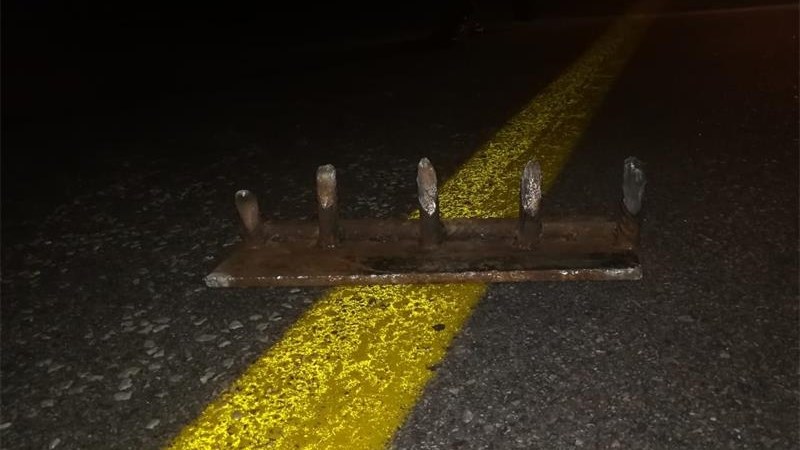
“It has also been noted that some of these incidents are not reported to the police.”
The N4 in North West has been named as a hotspot for spiking, and motorists have been urged to be vigilant when travelling at night.
North West police said they are working with external role players and partners including private security companies to prevent and combat spiking incidents and any other criminal activities on the N4, especially in the Bojanala Platinum Sub-District 1: Brits.
To address the situation the police have started with regular deployments along the affected roads. “It has also been noted that some of these incidents are not reported to the police,” said North West police spokesperson Sabata Mokgwabone.
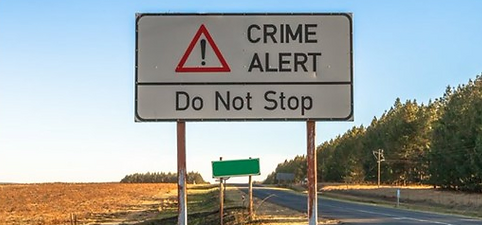
Motorists are advised to report the incidents to the police as soon as possible. Picture: mikebolhuis.co.za
“While the incidents are traumatic, motorists or victims are advised to report the incidents to the police as soon as possible. This can also be done by calling the SAPS Crime Stop number: 08600 10111.”
“Meanwhile, and contrary to information which was circulated on social media platforms, the N12 road in the Dr Kenneth Kaunda District is not a hotspot. At this stage, we have no record of incidents reported between Potchefstroom and Klerksdorp,” said Mokgwabone.
The number of incidents in which criminals throw spikes across a road to stop vehicles is increasing at an alarming rate. The motive behind this act is to rob the occupants of their valuables and vehicles.
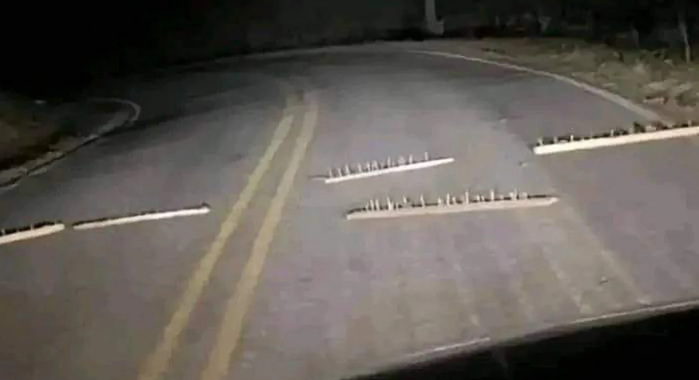
Spikes thrown on a road in Gauteng. Picture: topauto.co.za
Road spiking involves placing sharp objects like nails, rocks, or metal spikes on roads or highways to puncture vehicle tyres, forcing the driver to stop.
When the spike strip punctures the car's tyres, the driver is forced to stop, giving the criminals enough time to strike and escape.
“Once the vehicle is immobilized, criminals approach and rob the occupants. More violent acts, such as hijacking or assault, may also be perpetrated,” said security expert Mike Bolhuis.
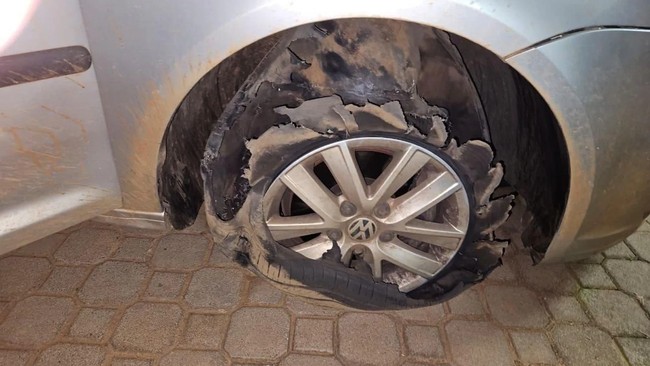
Damage on a tyre after a driver drove over spikes. Picture: IOL
“Recent incidents show robbers brazenly attacking occupants of motor vehicles in broad daylight and seriously injuring the occupants before fleeing.”
“Motorists should be extra vigilant when travelling at night because when visibility is limited, it is an opportune time for criminals to strike. Due to the low visibility and high speeds motorists drive on South African highways, it is difficult to identify the dangerous objects before it is too late,” said Bolhuis.
Pretoria Rekord sent out tips for motorists if they are spiked:
- Reduce speed, but don’t stop. Try to keep the vehicle momentum going as much as possible. Your life is more important than the vehicle.
- Try to reach a safe spot or, drive your car to the nearest police station, even if it means driving on the rims of your tyres.
- Share your location on the spiking groups or any security group or forum.
- Give a brief description via a voice note.
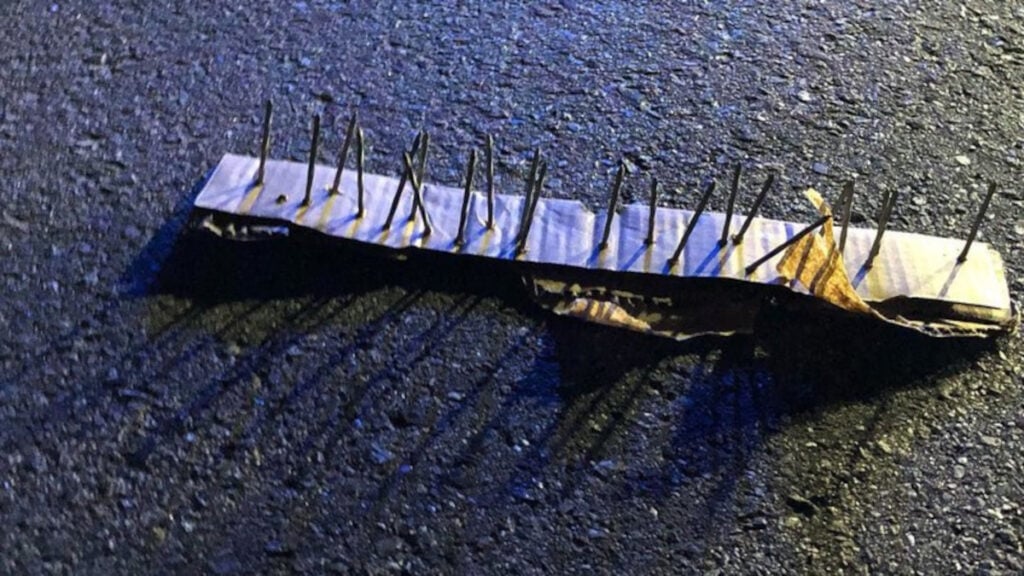
Homemade spikes like these are made by criminals to rob the occupants of their valuables and vehicles. Picture: businesstech.co.za
Mike Bolhuis has ways to reduce the risk:
- Motorists must be extra vigilant when travelling at night.
- When passing under a bridge, change lanes just before you pass underneath.
- It is advisable to refrain from driving over any object on the road, including plastic bags.
- Reduce speed so that you can increase your chances of spotting obstacles on the road.













